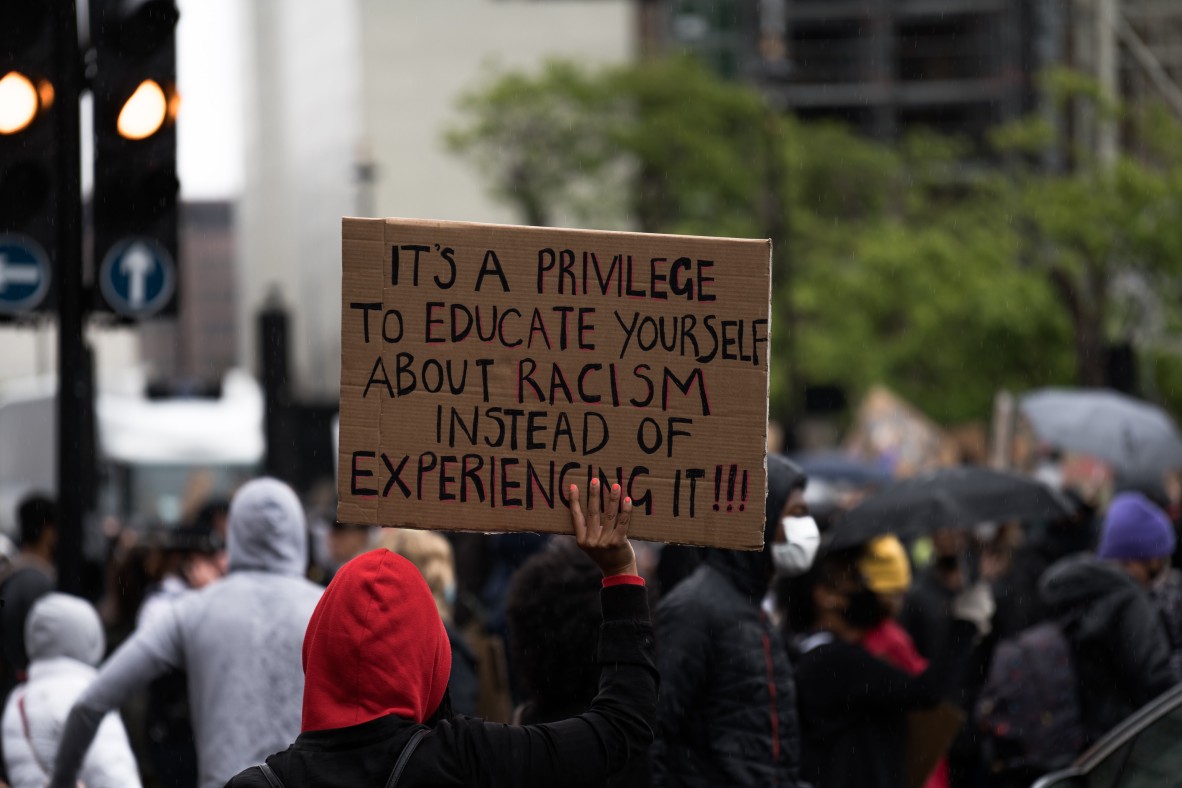Combatting racism starts with education
By Guest Blogger, Scott McDougall, Queensland Human Rights Commissioner | 21 March 2021

Photo by James Eades on Unsplash
21 March is celebrated as Harmony Day in Australia, but the rest of the world marks it as the International Day for the Elimination of Racial Discrimination.
The difference between the two forms of observance is an interesting one.
On the one hand, Harmony Day encourages us to celebrate Australia’s ‘successful multiculturalism’ and the values of respect, inclusiveness and belonging.
On the other, the International Day for the Elimination of Racial Discrimination calls on us to act – to not only acknowledge that racism exists and is deeply ingrained in many facets of our society (yes, including here in Australia), but to actively work to eradicate it.
To be able to celebrate our diversity and to laud ourselves as a truly successful multicultural country, we have to do the work first. One comes before the other.
It is not enough for us to be ‘not racist’. We need to be anti-racist.
This is work that each of us need to do at an individual level, in order to be able to do it at a societal level.
And it starts with educating ourselves.
Too often we wait for others to educate us. We wait until their stories and experiences are presented for us, neatly packaged, instead of seeking out information for ourselves. And yet we live in an era where a wealth of information is sitting at our fingertips or in our pockets.
Akashika Mohla’s blog post Losing my religion: how did a sacred Sanskrit symbol become a hate emblem? looks at the long and proud history of the swastika as a symbol of the Hindu, Buddhist and Jain religions. That it is more widely recognised now as a symbol of hatred is a tragedy – as is the fact that many people are unaware that it was appropriated by the Nazis.
Educating ourselves about racism, hate and our own history can be incredibly confronting, but it is vital if we are to take action – individually and more broadly – to make Australia safe and inclusive for everyone.
Comments
Your email address will not be published.
We welcome relevant, respectful comments.